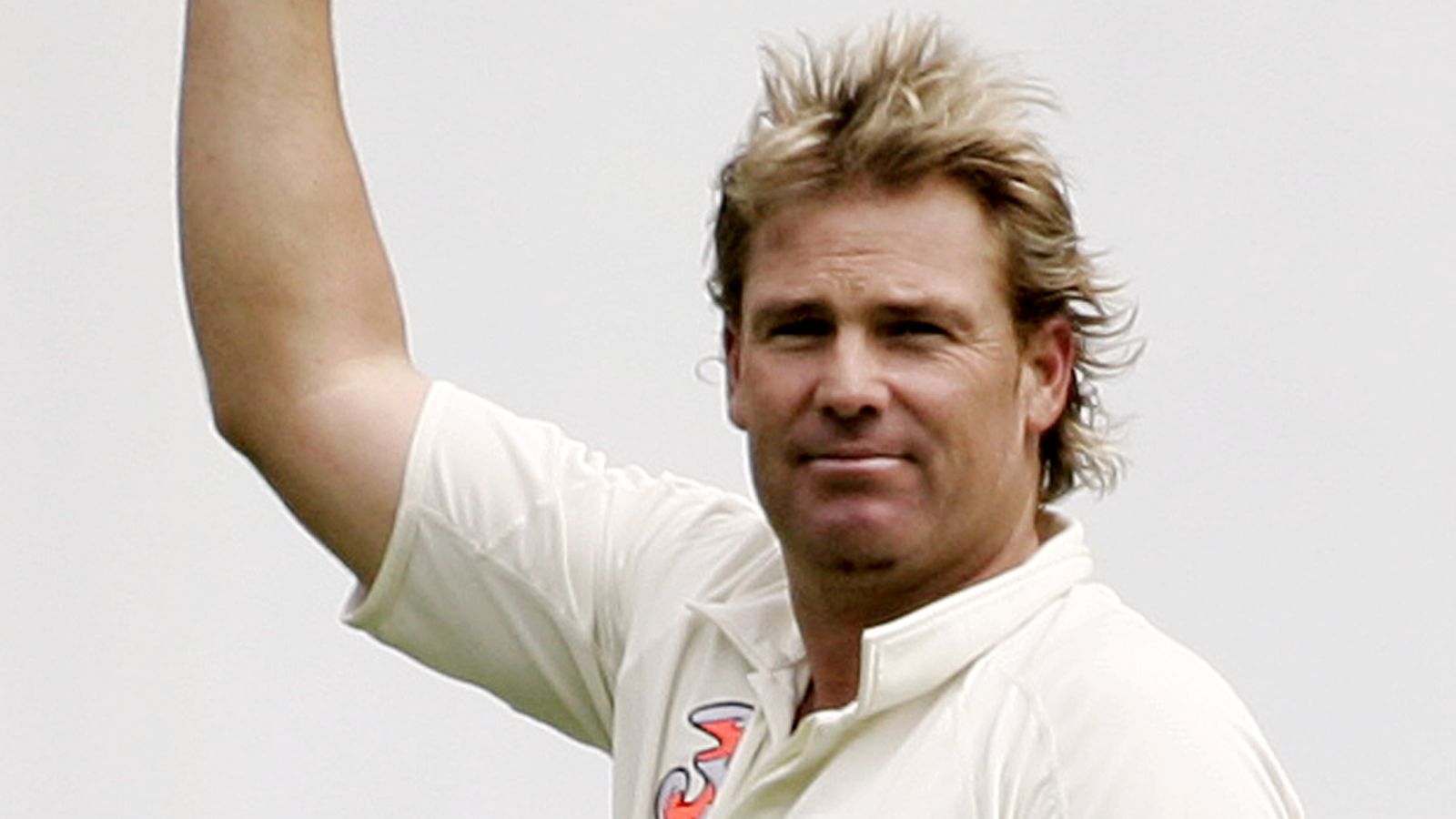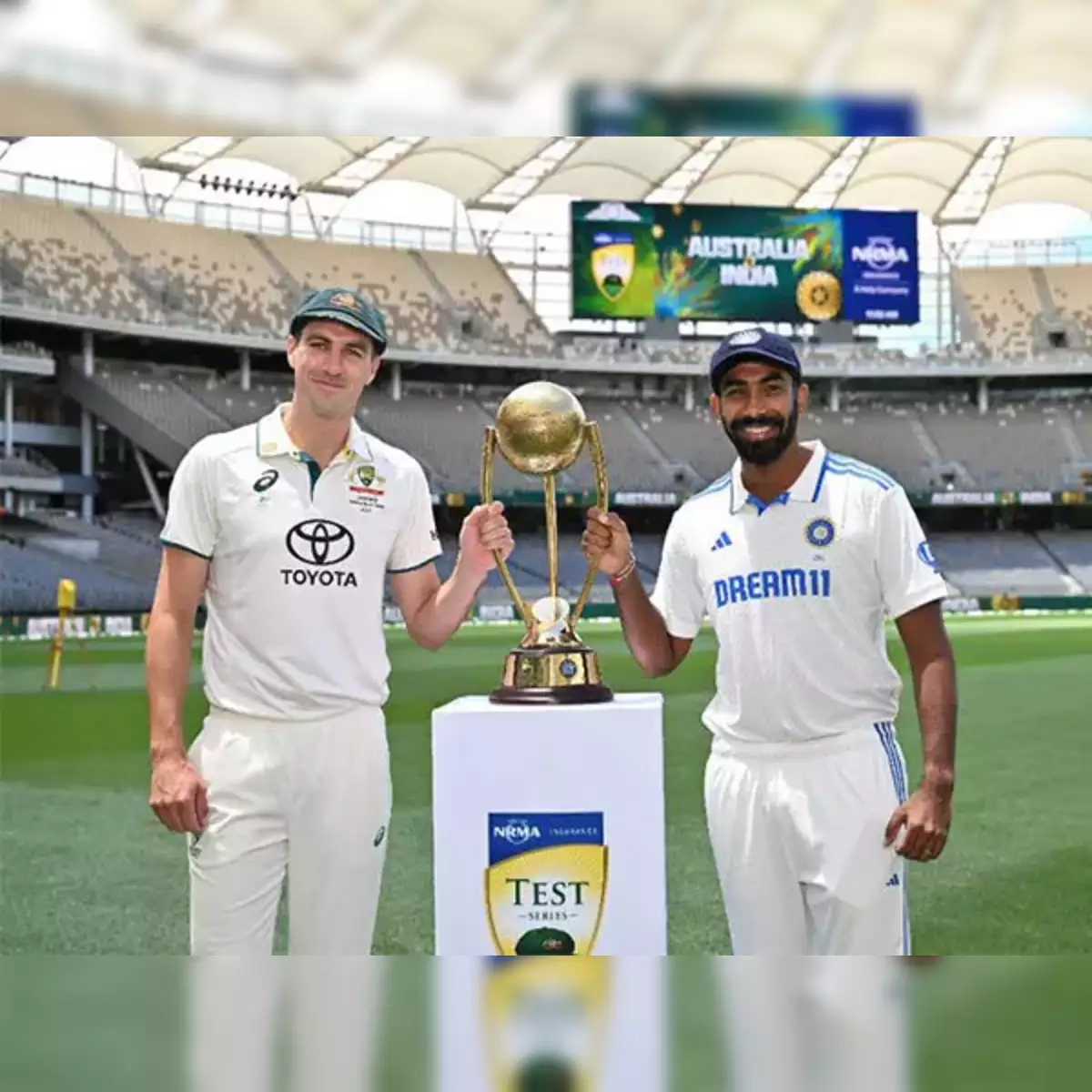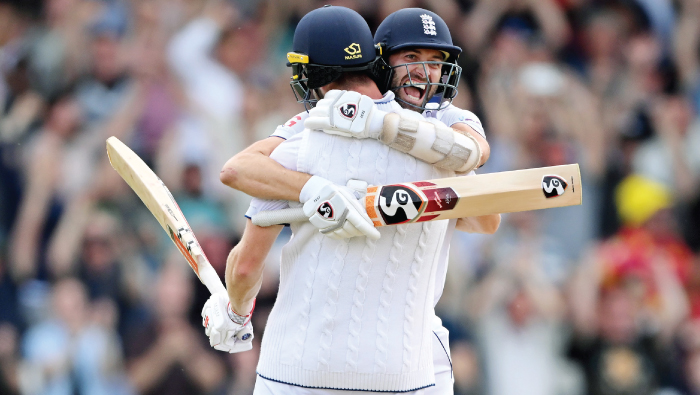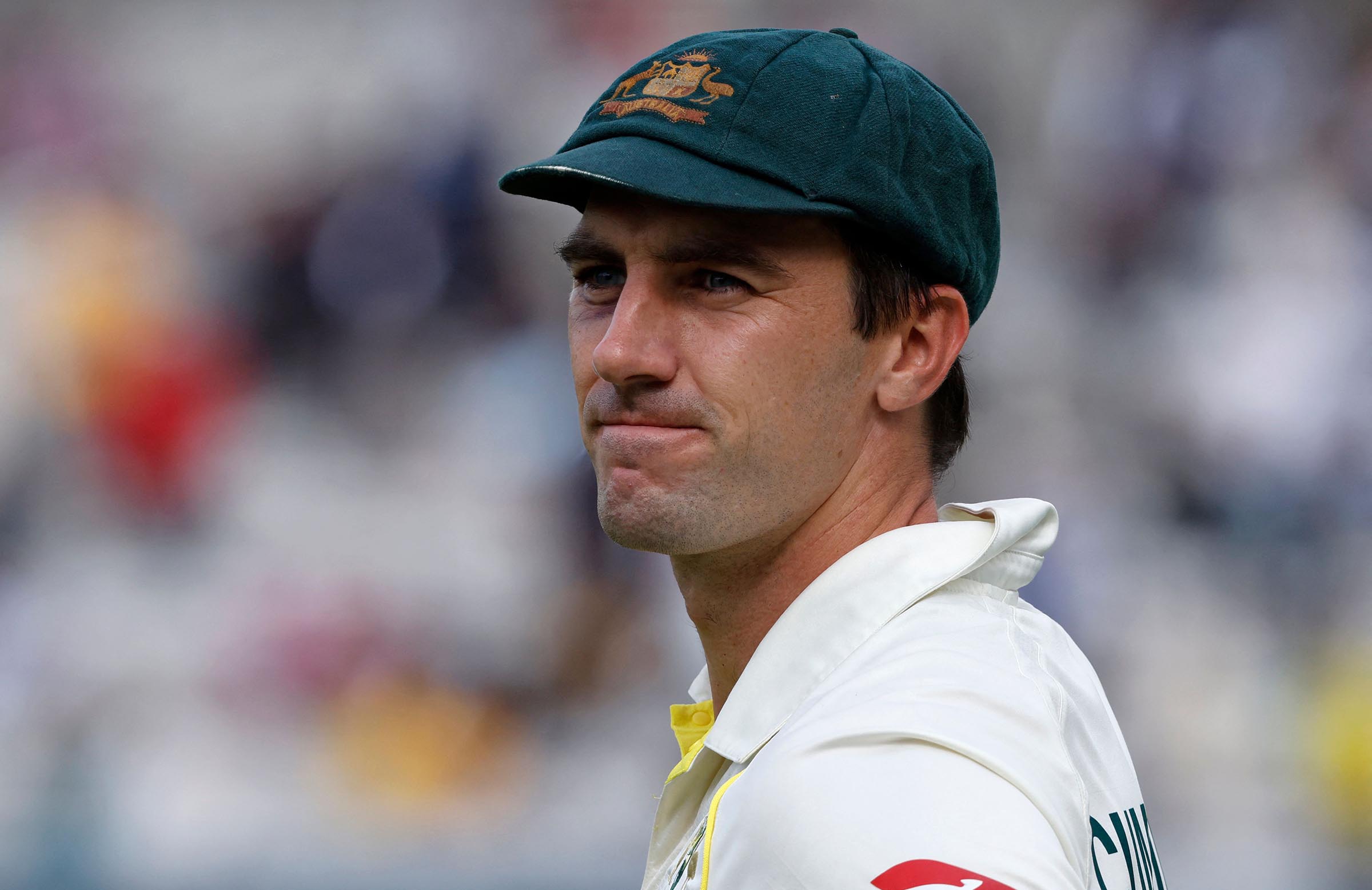Following on with the Shane Warne autobiography, this blog is about Shane Warne and his childhood. In 1989, Warne was dropped from the St. Kilda Football Club. The background is, he was among the reserves for the senior division. He was called by the senior division coach Gary Colling to play in the senior reserves match but Warne was ill. He still went to the game and played poorly. As a result, he was sent back to the U19s. He cleared Year 12 but did not have a job to fall back on and hence he tried various sorts of menial jobs including pizza delivery but he couldn’t shake off the disappointment of being dropped from the football team. In the summer of 1989, he got into the first XI at St. Kilda Cricket Club and soon into the Victorian state squad. It was at that point he began to ponder about the game.
Alongwith his friend, Warne went to England to play league cricket where he played throughout the week and also, gained enormous weight. Warne was completely driven to learn and to succeed. In a period of 6 months, he played around 80 games which would have taken 4-5 years in Australia. It sort of fast tracked his progress. A couple of years later, he played in the Lancashire League where the stipend was paid 1500-2000 GBP + accommodation and airfare. He played for Accrington to which Neil Hawke introduced him. Terry Jenner introduced Warne to Hawke. Jenner will go onto become Warne’s coach. The games were attended by a decent crowd and they were all passionate about the game.
Warne still uninterested
He played as a batsman who can bowl. He was runout in the first game and was warned by the club that the professional does not get runout, instead run the other batsman out. Warne protested but to no avail. Warne was liked by the club. He spent the late evenings with the team at the bar. Sitting in England, he watched Australia wallop England in the 1989 series. At this point, Warne started to analyse how would he bowl to a Gooch or a Gower or a Lamb.
Between the 2 England stints, he played for his club St. Kilda which had a decent side with Dean Jones, Stephen Fleming and others who would go onto play for Australia. He bowled well and was spinning the ball a mile. The club could see that he had the ability but Warne himself wasn’t that keen on the game. He hasn’t decided yet whether cricket was the way forward.
Cut to Centre of Excellence
Warne believes that if you struggle at the start of one’s career, the success that follows will be much appreciated. When Warne played for the Victorian state team, it was virtually between the Australian bowlers and the Australian batsmen. Warne then writes about his experience at the Australia’s Centre of Excellence in Adelaide. Back in his day, it was a 12 month programme but now it has been condensed which he felt was not correct. Warne was picked for the academy among a whole host of future international stars like Langer, Martyn and Blewett. Two coaches, Jack Potter and Peter Spence. Warne did not get along well with Spence. Both the coaches did not get along well with each other.
Warne is all praise for Justin Langer who he says was an extremely hard worker. Men who had more talent than him weren’t able to make it but Langer did because of his work ethic. His best friend was Damien Martyn, the elegant Australian batsman. Martyn was just 19 when he joined the big league of international cricket. He was also the youngest to captain Western Australia. Warne was sent home from the academy for indiscipline because he had spent the night at a pub drinking with some ladies but Warne will not admit it because in his mind, he felt that he left the academy and not the otherway around.
Briefly about his coach
Now, Warne mentions briefly about Terry Jenner. Warne is vehement that without Terry, he would not have achieved what he did. Terry understood Warne which helped him immensely. He gave him belief and direction for which Warne was always grateful. More on that later. Back to Australian Sheffield Shield. He made his first class debut for Victoria against Western Australia and it was Tom Moody who became his first victim. Dennis Lillee was part of the Western Australian side but Warne did not get to meet him. He also toured the West Indies with the Australian Young Cricketers and Zimbabwe and picked up a 7-fer, his first significant performance at the international level. His confidence grew and Warne began to like Cricket on par with Football.
Now, things began to materialise. Warne watched the Boxing Day Test from the stands between India and Australia when the Australian team manager Ian McDonald told him that he might be playing in Sydney. Warne went onto make make his Test debut at Sydney. However, it wasn’t a memorable outing. Ravi Shastri and Tendulkar smashed him all over the ground. He returned 1/150 but his spirits remained kindled. He was longing for an ideal coach and this was where Terry Jenner came in.
Autobiography



